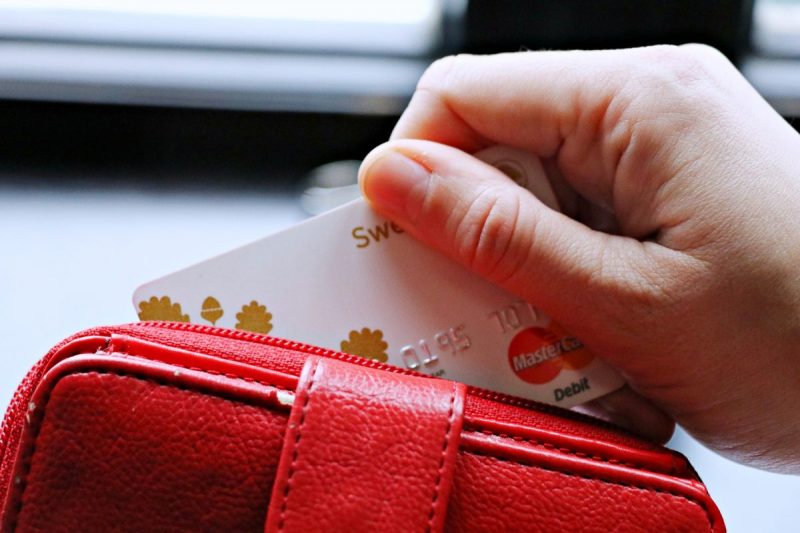It is virtually impossible to find anyone that doesn’t use credit cards to pay for stuff, whether they’re using them for large purchases or just groceries and gas.
With the line of credit offered on credit cards, you can pay for stuff even when your money runs out. If used correctly, a credit card can be one of your best assets when it comes to financial management.
But how do credit cards work? Read on to find out more.

How Do Credit Cards Work?
Credit cards offer you the option to make payments even when you don’t have the money at the time. It is like a loan, but instead of you getting the money in your bank account, you get it in credit on a card. The issuer, with the help of your credit score, will determine how high of a limit you get on your card.
For example, if your limit is $500, you can only spend up to that amount in credit. Of course, you can still make payments from your finances if you have already used up to that limit. At times, you can exceed the limit by a few extra dollars, but that comes with penalties and charges.
Are Credit Cards For You?
When considering getting a credit card, think about why you want the card in the first place. How do you know you’re fit for a credit card?
- Are you able to make minimum payments each month?
- Do you have the eligible credit score to get the credit card?
- Are you 18 years old? For some issuers, you even have to be 21 years old to get a card.
If all those boxes are checked, you may be ready to get your hands on a credit card.
What Are the Pros and Cons?
Another thing to consider when searching for a credit card is the pros and cons of owning and using one.
Pros
- Great perks: Most credit cards come with great perks like bonus points, among others.
- Easier and safer to carry than cash.
- Buy now and pay later: You don’t have to wait to get paid to make purchases. You can buy today and make the payments to the card later on.
- Protection: For example, if you book a flight and something happens, your card issuer will ensure that your amount is recovered.
Cons
- Additional fees: Missed payments, late payments, and exceeding your limit are just some instances that incur additional fees
- High interest: Unlike most forms of lending, credit cards have some of the highest interest rates in the market.
- Expensive to use abroad.
- Expensive to withdraw cash: Called “cash advances” taking our cash from your credit balance comes with its own interest structure and sky-high fee.
- Late payments: These will damage your credit score
Conclusion
Credit cards offer you an easy way to make daily financial decisions. This simple guide can help you decide if a credit card is right for you.
